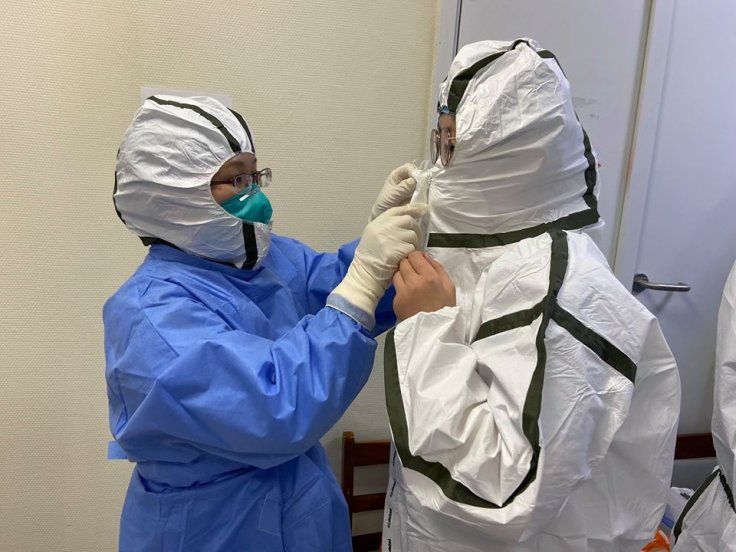In another twist to the ongoing brouhaha over Wuhan Coronavirus or COVID-19, scientists in China have claimed that the nose and throat swabs from 18 infected patients showed that the novel virus behaves much more like influenza than the previously form of coronavirus SARS that affected the country in 2003. It means the COVID-19 spreads faster and more easily than previously believed.
The 2003 outbreak of Severe Acute Respiratory Syndrome (SARS) usually causes infections deep in the lower respiratory tract that can result in pneumonia, but COVID-19 inhabits both the upper and lower respiratory tracts, that makes it cause severe pneumonia and spread easily like flu.

A computer simulation of the study by Nexu Science Communication in collaboration with Trinity College in Dublin, presented a model that is structurally similar to a betacoronavirus which is the type of virus linked to COVID-19, better known as the Wuhan Coronavirus outbreak.
In one case, they found that the virus was present even though the patient had no symptoms, confirming the asymptomatic nature of the disease making it spread silently among the people. The findings, published on Wednesday in the New England Journal of Medicine, offer new evidence that this Wuhan Coronavirus is nowhere like its closely-related coronavirus cousins.
Important finding to treat COVID-19
"If confirmed, this is very important," said Dr. Gregory Poland, a virologist and vaccine researcher with the Mayo Clinic in Rochester, Minnesota, who was not involved with the study. Researchers in Guangdong province monitored the amount of coronavirus in the 18 patients. One of them, who had moderate levels of the virus in their nose and throat, never had any disease symptoms.

Among the 17 symptomatic patients, the team found levels of the virus increased soon after symptoms first appeared, with higher amounts of virus present in the nose than in the throats, a pattern more similar to influenza than SARS.
Spreads more like flu
The findings further add that the new virus is genetically similar but not behaving like SARS, said Kristian Andersen, an immunologist at Scripps Research in La Jolla. "This virus is clearly much more capable of spreading between humans than any other novel coronavirus we've ever seen. This is more akin to the spread of flu," said Andersen, who was again not involved with the study.
The researchers said that the virus can be transmitted early in the course of the infection, and suggest that controlling the virus will require an approach different from what worked with SARS, which primarily involved controlling its spread in a hospital setting.









